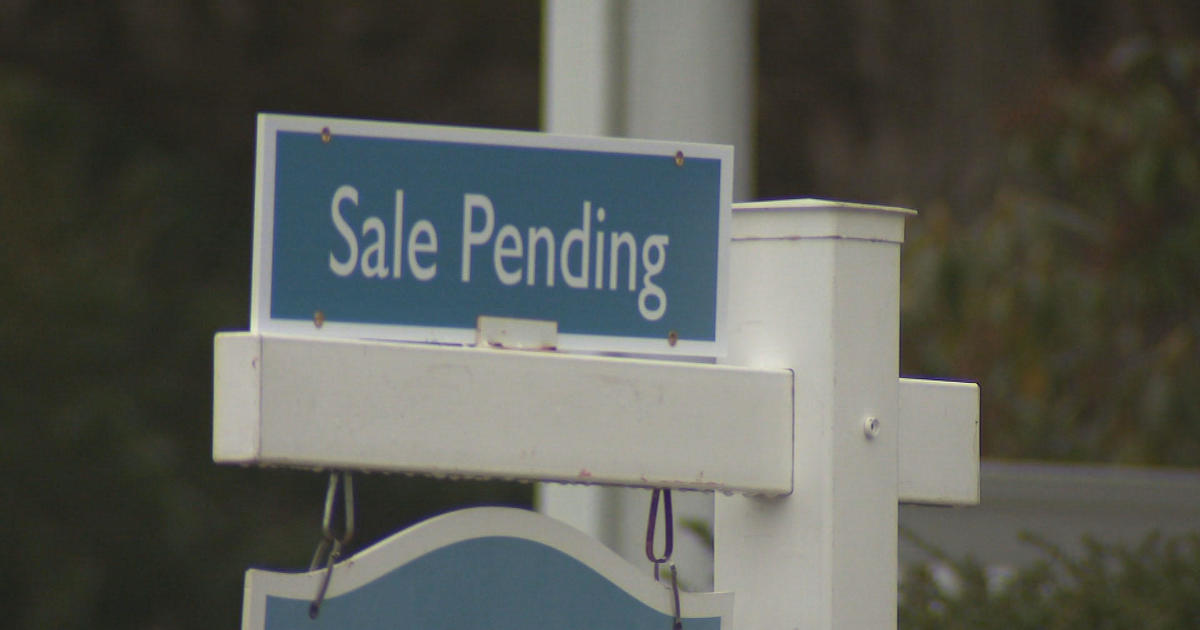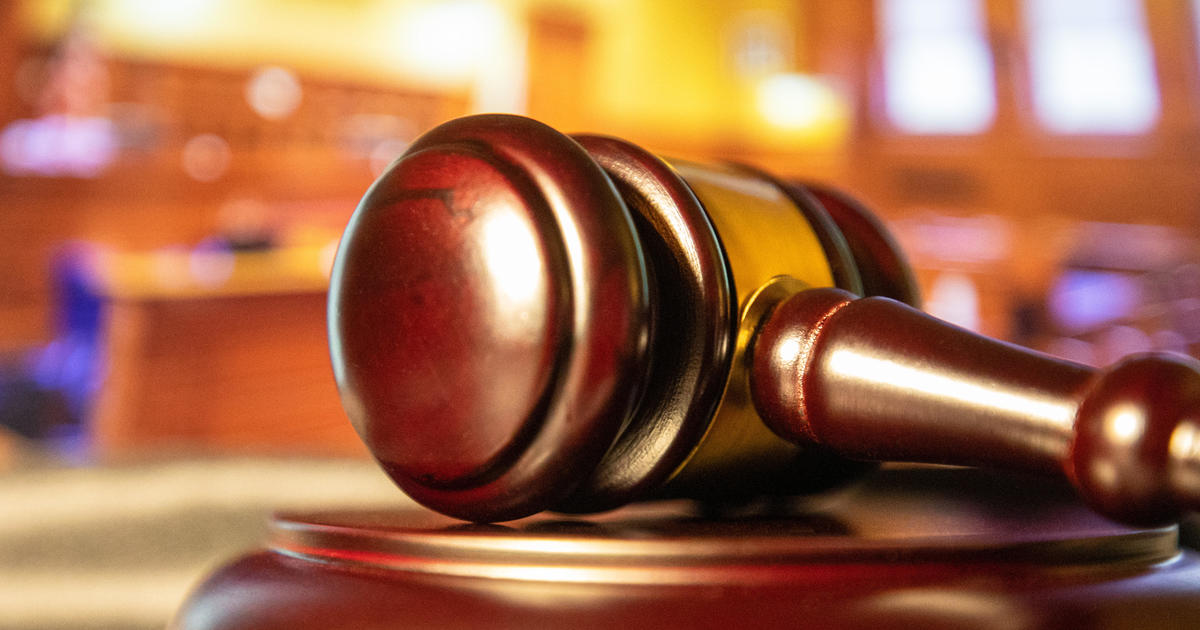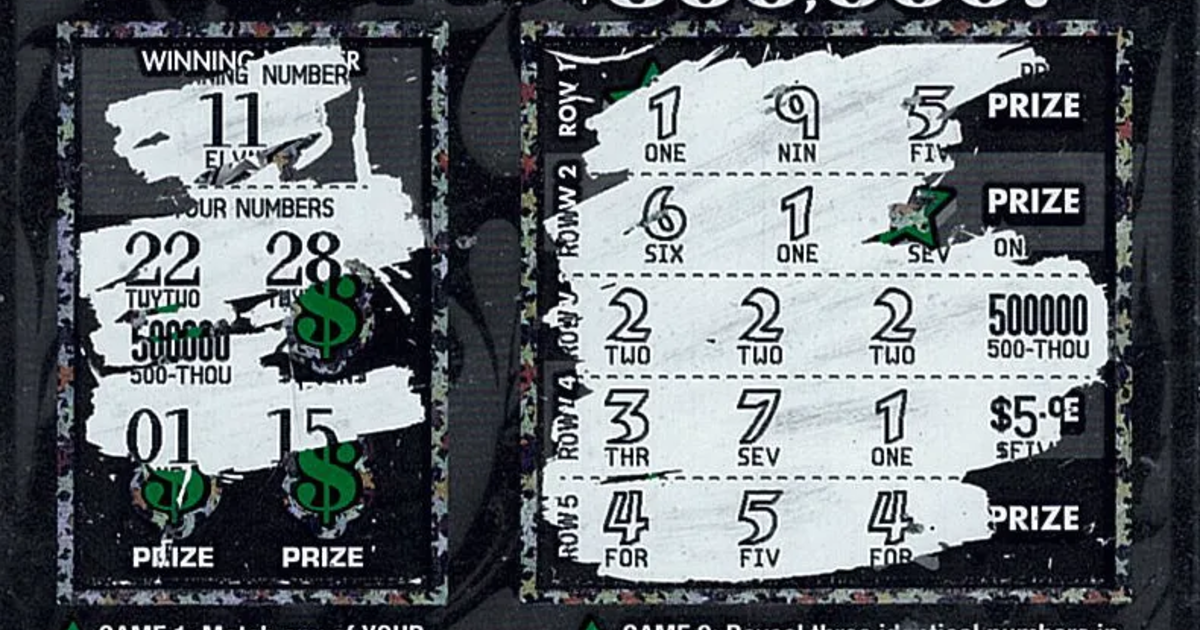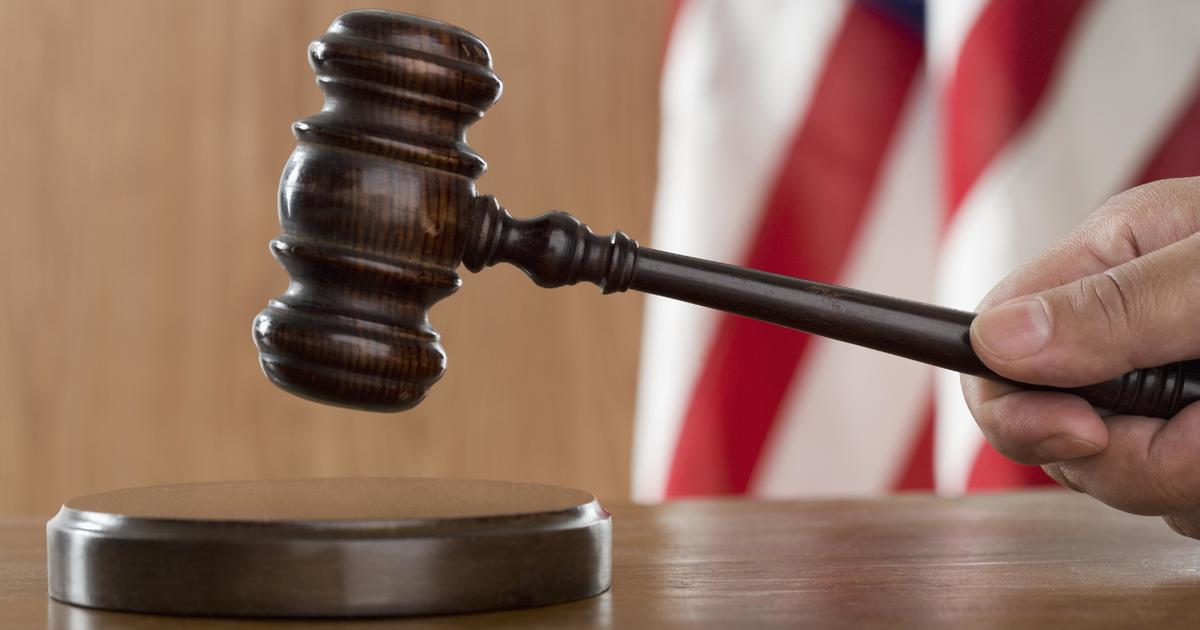Michigan Marijuana Smokers To Light Up Legally? Advocates Launch Ballot Drive
LANSING (WWJ/AP) - Marijuana proponents on Friday launched a 2018 ballot drive to make Michigan the ninth state to legalize the recreational use of the drug and the first in the Midwest to do so.
The initiative has the backing of state-based marijuana advocacy groups and a key national lobbying organization, which suggests the financial backing and coordination will be there to gather the roughly 252,000 valid voter signatures needed to qualify for a statewide vote.
The Coalition to Regulate Marijuana Like Alcohol said legalizing marijuana would boost tax collections, help industry and save some of the money spent prosecuting and imprisoning people for marijuana-related crimes.
"Our country's marijuana prohibition laws have failed miserably," said spokesman John Truscott, who said arresting 20,000 nonviolent offenders a year for marijuana possession and cultivation is a waste of taxpayers' money. "This initiative would make Michigan a leader in responsible adult-use marijuana laws, while also creating an entirely new industry and generating badly needed tax revenue for our state."
The ballot committee planned to submit petition language Friday. It plans to soon begin collecting signatures once the Board of State Canvassers approves the petition's form.
Under the measure, adults 21 and over could legally possess up to 2.5 ounces of marijuana and grow up to 12 plants in their residence. Public consumption and driving under the influence of the drug would be illegal. A 10 percent tax on marijuana would be assessed, on top of the 6 percent sales tax.
Backers of the proposed law said it would generate hundreds of millions in tax revenue annually and complement newly enacted state laws regulating medical marijuana, which Michigan voters made legal in 2008. Seventy percent of the revenue would be split between K-12 schools and road construction projects. Municipalities that authorize marijuana businesses would get 15 percent, and affected counties would receive 15 percent.
There would be five categories of licensed marijuana businesses — retailers, cultivators, processors, testing facilities and transporters.
A special license would be available for small businesses to grow up to 150 plants and to process, package and sell the marijuana directly to customers. Industrial hemp production also would be legalized.
According to national polls, a solid majority of Americans support legalization. Gallup's latest survey gauged support at 60 percent, up from 12 percent from when the question was first posed in 1969.
"If we're out there talking honestly about cannabis , we're going to continue to see public opinion continue to change in favor of ending prohibition," said Jeff Irwin, a former Democratic state lawmaker who is the campaign's political director.
As of April 21, the Coalition to Regulate Marijuana Like Alcohol had raised about $140,000 from four donors. They include Troy-based tobacco retailer Smokers Outlet Management, which says on its website that it is now Wild Bill's Tobacco ($50,000); Lansing entrepreneur Sam Usman Jr. ($50,000), Andrew Driver Jr. of Gaylord ($25,000) and the Marijuana Policy Project ($3,100). The Washington, D.C.-based group helped spearhead Michigan's medical marijuana ballot measure and says it was the driving force behind successful legalization ballot initiatives in five states.
Organizers hope to raise $8 million.
Voters in eight states have legalized recreational marijuana for adults, including four in the November elections — California, Maine, Massachusetts and Nevada.
Michigan voters legalized medical marijuana in 2008, though all marijuana use is still illegal under federal law.
Supporter Randy Hussie, of Detroit, said he would vote yes on the measure if it goes to the ballot.
"Sometimes it can be a stress reliever. Sometimes it can be for people who deal with anxiety, it can help them out with anxiety," he said. "You can have a better conversation with some people -- the people who cannot have conversations, they can have conversations when they do do a little bit."
A similar effort took place in Michigan two years ago, but supporters weren't able to obtain enough valid signatures to get the issue on the 2016 ballot.
© Copyright 2017 CBS Broadcasting Inc. All Rights Reserved. The Associated Press contributed to this report.



